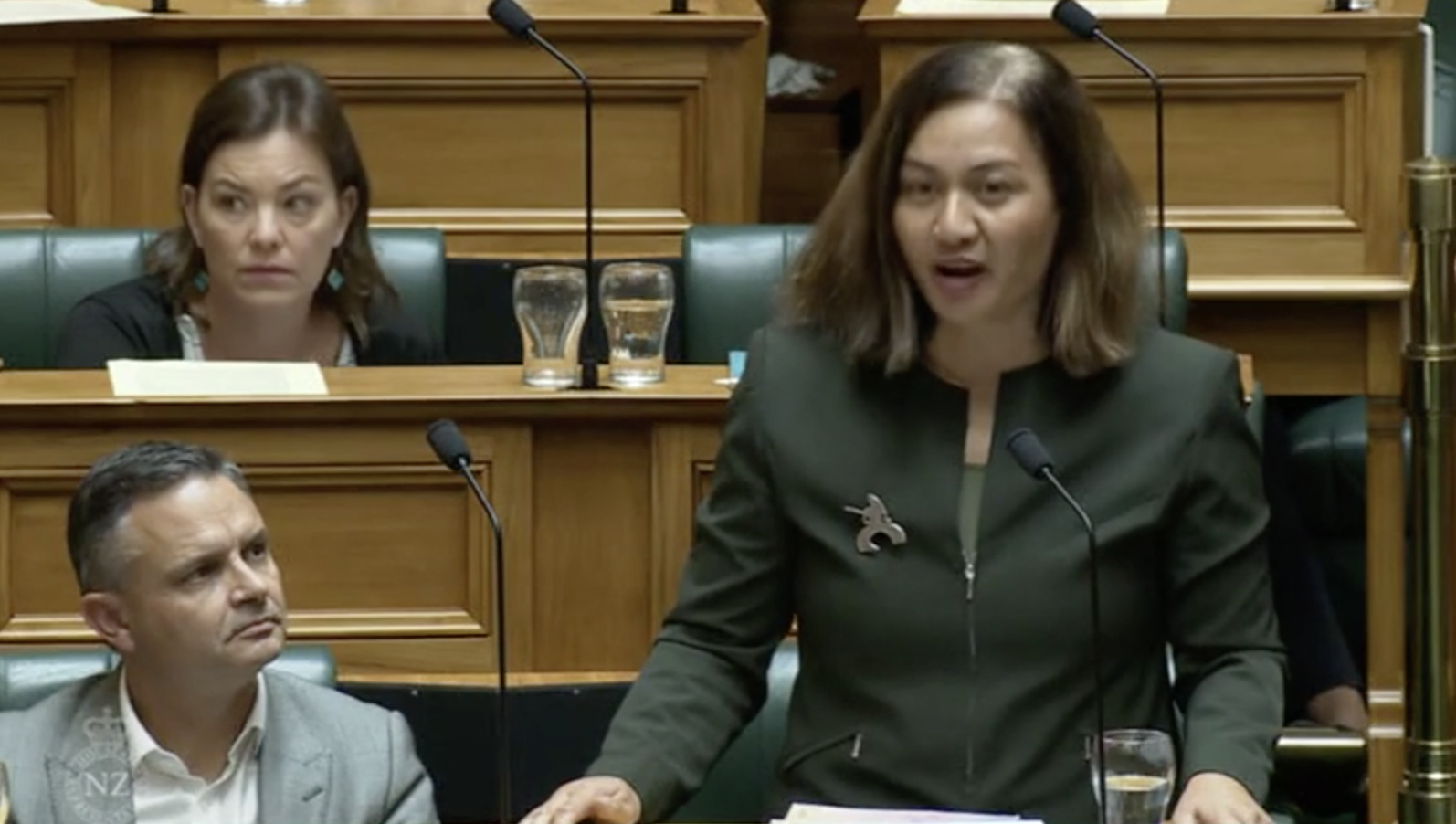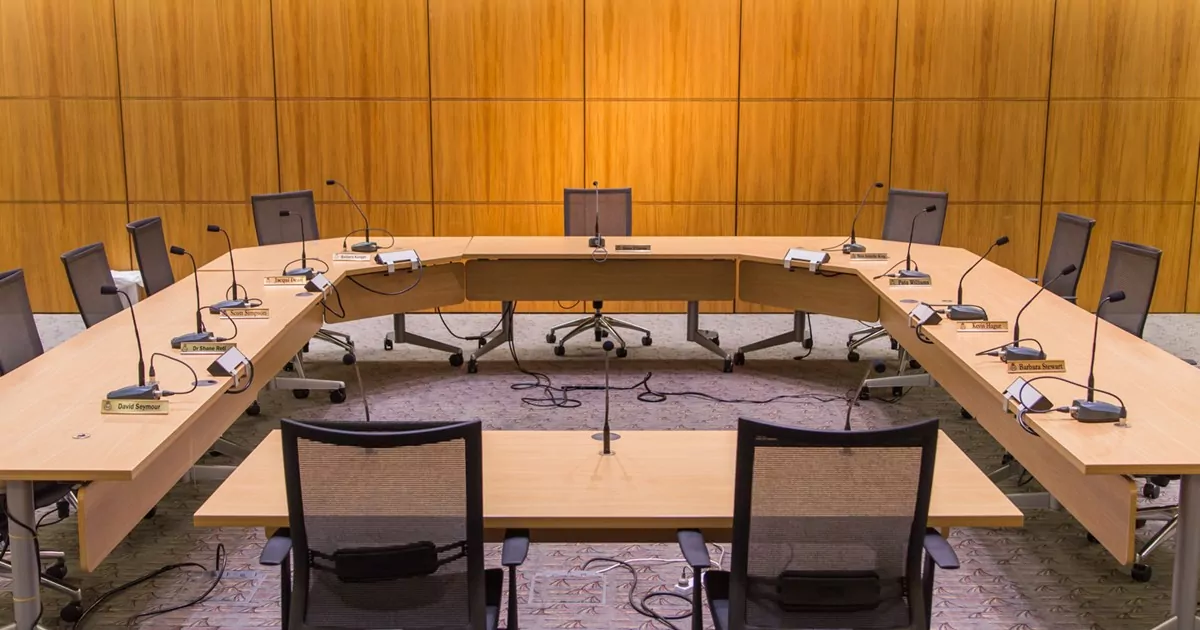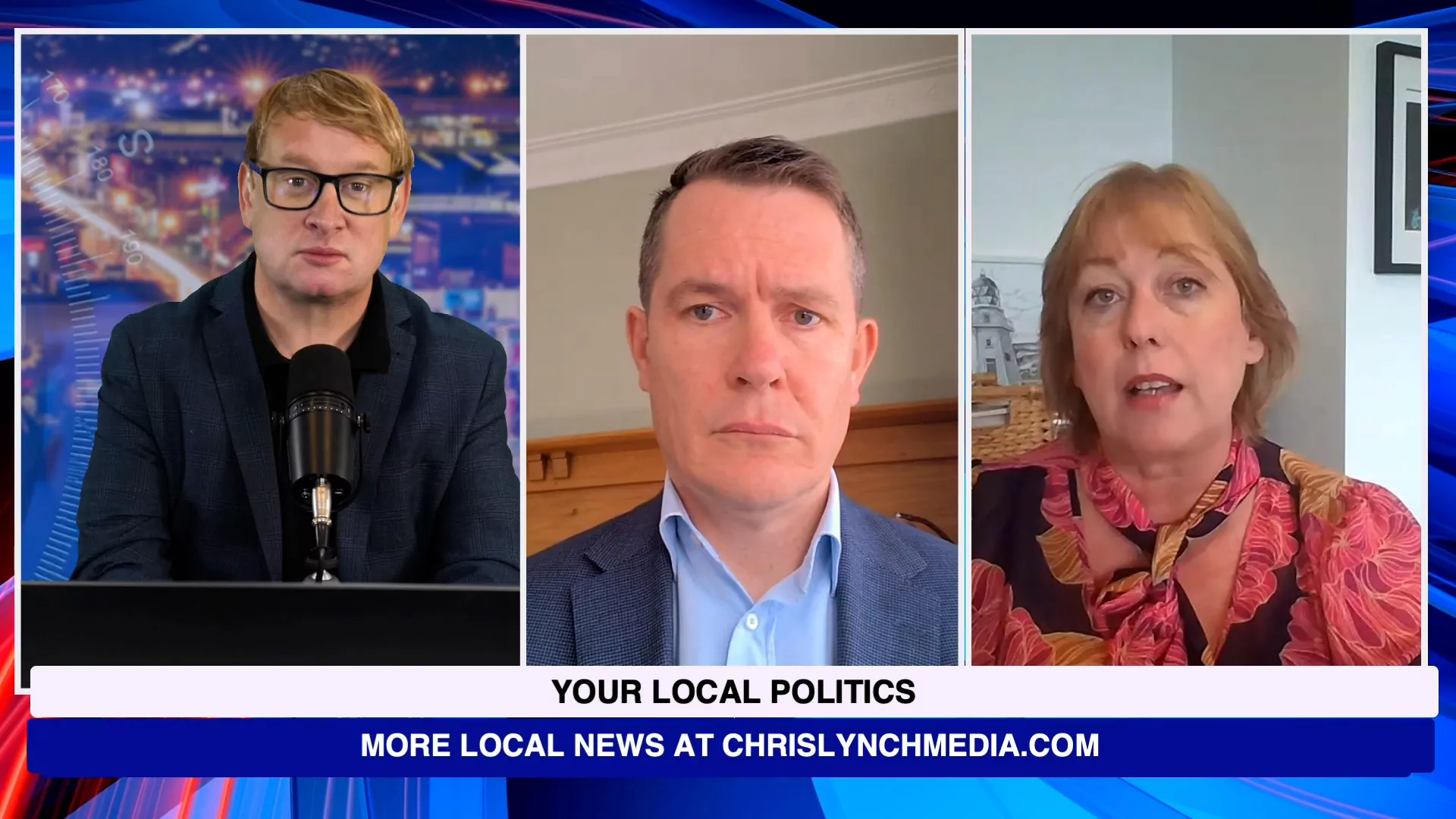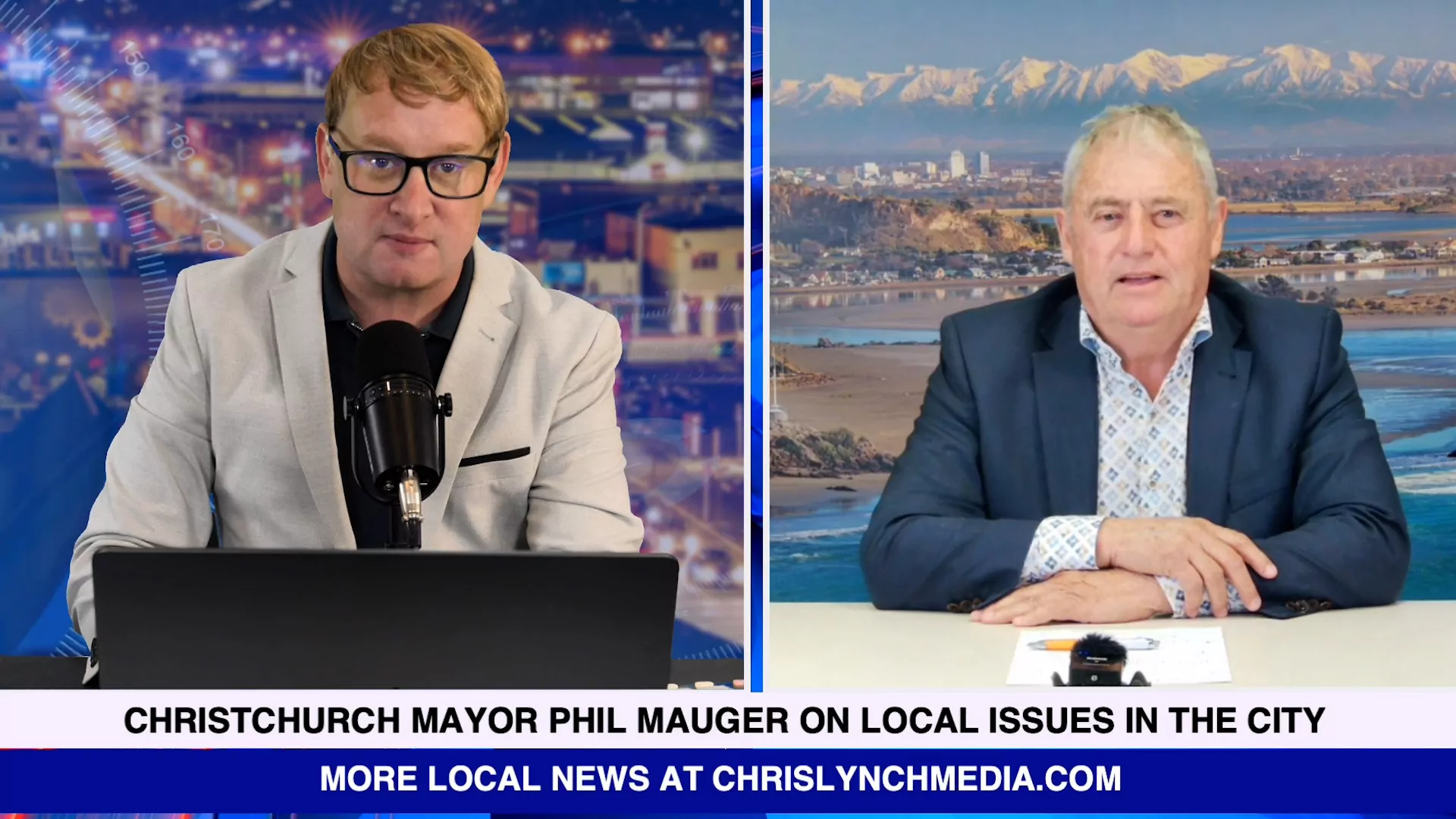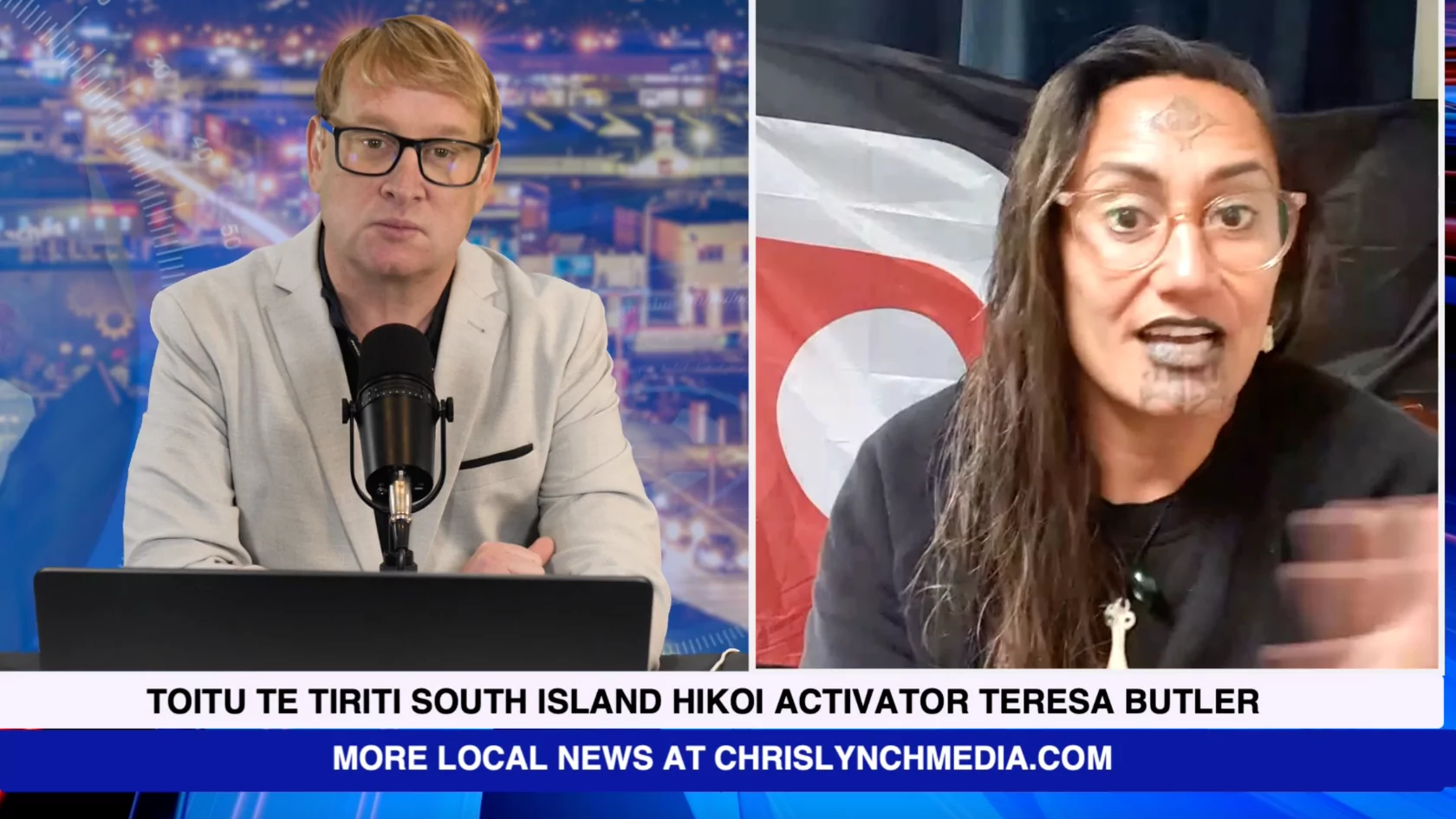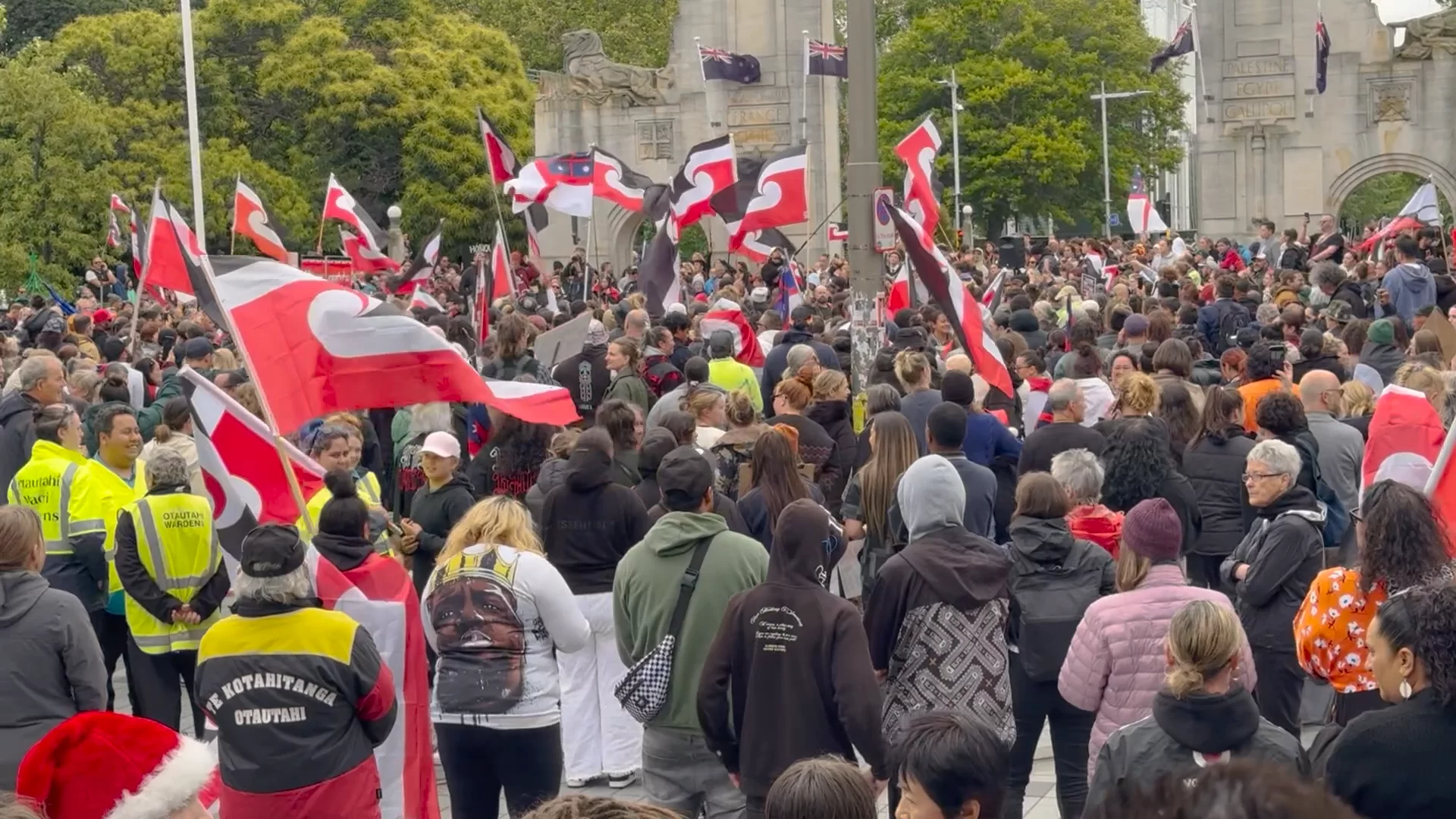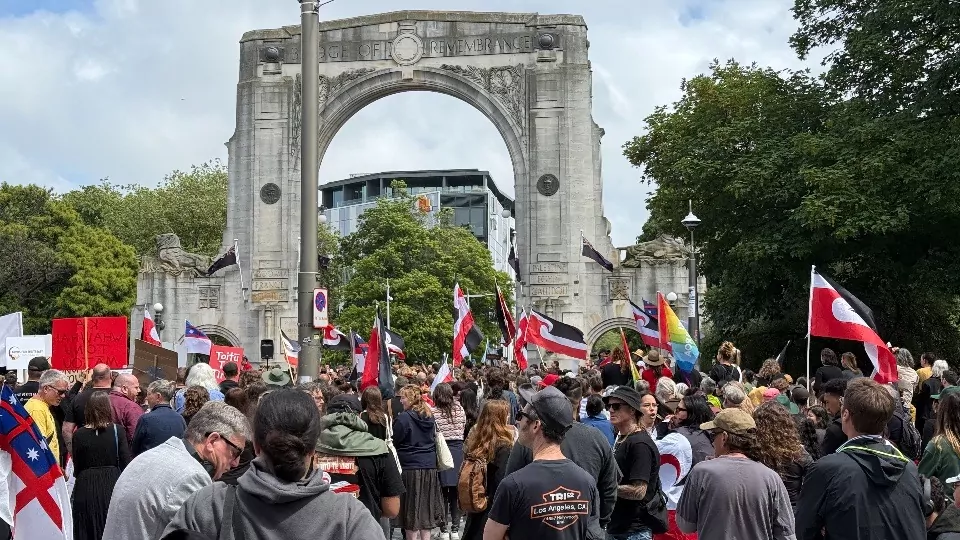OPINION: The protest at Auckland Albert Park has brought to the forefront issues of division, sensationalism, and the responsibility of the media.
While the rally was initially intended to defend transgender rights, the baseless claims made by an activist only served to fuel hatred and create further division.
Earlier in the week, the activist encouraged people to attend the rally citing an incident where a Rainbow Youth building was torched by arsonists, creating the impression that it was a hate crime against the community.
However, a judge noted that the arsonists had limited mental capacity and that the incident was not a hate crime.
Despite this, the claims were repeated in New Zealand’s national newspaper without being challenged, perpetuating misinformation that only served to create further division.
As Andrew Doyle, a prominent gay free-speech writer, has pointed out, those who seek out publicity in the name of victimhood do a disservice to the gay community by presenting arguments manufactured in anger rather than unity.
This is exactly what happened at the protest, where some, but not all, activists stirred up hysteria which generated disturbing comments against the gay community.
Now there’s an online war happening in real-time with activists vying for awards such as “the biggest victim of this week to “most death threats.”
What is particularly concerning is that the media’s sensationalist narratives are doing more harm than good to the community.
This was noted in a statement by the Human Rights Commission, which rightly pointed out that creating sensationalism only serves to further divide New Zealanders.
The media’s attempts to malign anyone whose views deviate from their editorial agenda is nothing short of sinister and dangerous.
For example, when Stuff reported Green Co-Leader Marama Davidson’s “clarification” after she said white cis men were to blame for violence, the reporter noted that the video was distributed among “far right” media, conveniently omitting that the video first surfaced on a left-leaning blog site.
Stuff then attempted to turn the person who tipped tomato juice over Posie Parker into some kind of hero, suggesting they were now an “internet sensation.”
This kind of reporting only serves to create further division and encourages acts of aggression that are not helpful to anyone.
It’s a shame Davidson didn’t quite have the strength to say sorry today in parliament when pressed to do so by two opposition MPs.
She knows she’s upset people and even the Human Rights Commission said it has received nearly 100 complaints about her remarks.
I’ve said comments I’ve regretted, reflected and apologised.
New Zealanders are forgiving unless there’s an underlining political agenda to uphold.
Auckland media continue to seek comments from people who have extreme points of view.
Their need for sensational soundbites has overridden journalism accountability.
Following Davidson’s outburst, comment was sought by family violence advocate Jackie Clark who said Davidson’s comments were what many in the sector were already thinking.
Following the interview, she re-tweeted a comment suggesting National Party Leader Christopher Luxon and Prime Minister Chris Hipkins were white supremacists.
Moreover, a member of a gay rights organisation attempted to malign Kim Hill from Radio New Zealand for speaking to Posie Parker, claiming Hill was not “challenging” enough.
After listening to the interview, Hill was her normal challenging self – even scowling.
What sort of condemnation was the member seeking? Pitch forks?
It seems the fantasy of power has overridden any realistic expectations.
Transgender people have been unjustly marginalised and discriminated against in society for far too long, and it is only through genuine solidarity and unity that we can effect meaningful change.
This cannot be achieved by alienating individuals whose views may challenge our own worldviews.
While it is important to raise awareness about the struggles faced by the transgender community, it is equally important to do so in a way that promotes understanding and tolerance, rather than division and hatred.
As Georgina Beyer, the late activist, once said to me, in order to effect social change, it is crucial to take the public with you and gain their support.
I’m yet to see that approach being taken.
